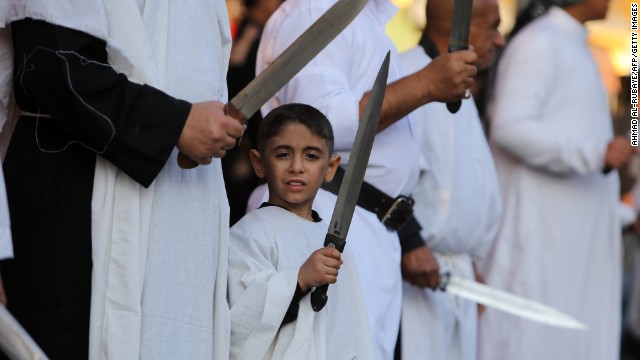By Kathryn Maureen Ryan Impunity Watch Reporter, Middle East CAIRO, Egypt – Egypt’s top military general hailed a visit by Russian officials as the beginning of a new era of defence co-operation between the Egyptian State and the Russian Federation. Russia’s defence and foreign ministers met with Egypt officials in Cairo this week in a trip that has been called historic, though the delegation left Egypt yesterday without announcing a deal for any new defence deals between the Egypt and Russia.

The historic meeting came just weeks after the Obama administration announced that the United States would cut military aid to Egypt in response to growing concerns about the actions taken the military government against supporters of ousted President Morsi. While the United States did not cut all of the annual aid to Egypt, the cuts represented a significant shift in relations with Egypt’s interim government, the United States cut aid not connected with the promotion of democratization or counterterrorism efforts carried out by the Egyptian military. The meetings may have been meant as a sign to the United States. Yasser El-Shimy an Egypt analyst with the International Crisis Group said the meetings were “meant to send a message to say Egypt has options, and that if the United States wishes to maintain its strategic alliance with Egypt, it will have to drop the conditions it attaches to the military aid.” The United States has said it will consider renewing feign aid if the Egyptian states shows signs of progress towards democratization. However, Egypt’s warming relations with Russia may be a sign that the United States has lost some of the coercive power its funding of the Egyptian military once held. As the United States cut funding to Egypt the Egyptian state showed that it is willing to look elsewhere to fill the vacuum left by aid cuts. Egypt has downplayed suggestions that the meetings with Russian officials signify a further cooling of relations between Egypt and the United States. “We are not replacing one party with another,” said Badr Abdelatty, an Egyptian Foreign Ministry spokesman. “We want to strengthen the independence of our foreign policy. We want to diversify. And Russia is a very important global power.” While support for the United States by the public, which perceived the United States as supporters of a military dictatorship though its support of former President Hosni Mubarak, and the military, which now sees the United States as an unreliable ally, has fallen in Egypt Russia and Vladimir Putin have become increasingly popular. The state-run Al-Ahram newspaper has published posters on Thursday reading “Thanks, Putin.” These developments came as the Egyptian military government continues to crack down on Islamist supporters across the country. Earlier this week an Egyptian court sentenced twelve protesters who demonstrated in support of ousted President Mohamed Morsi to 17 years in prison for taking part in a violent student-led protest. For more information please see: Al Jazeera – Egypt Hails Renewed Military Ties with Russia – 14 November 2013 The Washington Post – Egypt Hosts Top Russian Officials, A Sign it is Turning Further Away from Alliance With U.S. – 14 November 2013 Al Jazeera – Egypt Warms to Russia as US Ties Cool – 15 November 2013 Al Jazeera – Pro-Morsi Protesters Sentenced to 17 Years – 13 November 2013


